One of Türkiye's leading steel service centers, Askon Demir Çelik has been in a continuous growth and transformation since its foundation.
Founded in 1932 and moved to its current facilities in the 1990s by Aslan Konyalıoğlu, Askon Demir Çelik, which initially focused on flat product processing and cold rolling, has grown with the efforts of Okan Konyalıoğlu, expanding its machinery park and increasing its capacity with the investments it has made. Besides making significant investments in Türkiye, the company established a company in New Jersey/USA and opened a warehouse in Miami to expand into international markets, producing heavy industry and design-oriented products. Askon also stands out in digital marketing by e-exporting to 70 countries.
Becoming the distributor of special quality sheets in Türkiye by establishing strategic partnerships with German Thyssenkrupp and NLMK, Askon reinforced its innovative and pioneering role in the sector with a new strategy under the "Quard Ambassador" program with NLMK. In the process of growth and transformation, Askon aims to maintain its leadership in the sector by establishing subsidiaries such as Askon Mechanics and Askon Design Center and taking part in global projects.
Chairman of the Board of Directors and General Manager of Askon Demir Çelik, Okan Konyalıoğlu told SteelRadar about their projects and success stories...

Which areas are QUARD - QUEND in use?
In partnership with NLMK, special quality plates are divided into 2 groups as abrasion resistant and high yield strength (high resistance). The wear-resistant sheet is called QUARD, and the high yield-strength sheet is called QUEND.
In Türkiye, the bodies of the dumpers behind the trucks are made of wear-resistant plates. There are 7-8 factories producing this special plate in the world; NLMK is one of them. QUARD is used in the bodies of dumpers and in the bodies of large construction equipment's buckets, which we call buckets. In short, it is used wherever there is abrasion, for example in crushers of recycling machines.
On the other hand, QUEND (high yield strength) plates that are resistant to flexing are used in vehicle cranes. The special plates used in those bodies are not produced in Türkiye, so one of the highest consumption areas of the QUEND group is on-vehicle cranes. It is also used in normal bridge cranes and ship cranes in shipyards.
There is a partnership in your cooperation, will you sell only in Türkiye or will you be able to sell these products to your existing export market under your own name?
Sending unprocessed products abroad without processing is not on our agenda for now. NLMK already has such activities in other countries. We have not had such a demand or need so far. However, if there is such a need, I think we can solve this issue with NLMK. Our focus is not to send unprocessed products abroad, but processed products with added value. Therefore, sending flat materials abroad is an area that we look at a little more in the second plan.
"We have made our water and energy circular within ourselves"
As Askon, to which countries do you export your flat products, how was 2023 for you? How is 2024 proceeding?
Despite some losses in the last quarter due to the increase in financial expenses, 2023 was a good year for Askon Group in general. In 2024, we are going in accordance with our projected budget, sometimes we may encounter problems that we did not foresee. I think the future is even more unpredictable because there is an artificial intelligence entering our lives, it is not clear what it will bring us, how much we can benefit from it. There may also be innovative products that we have not yet pronounced. I am not saying this in a negative sense, but it is not possible to see very clearly what the unpredictable structure will bring us.
The most important issue here is our stakeholders, the main motto of Askon Demir Çelik is to be where we can touch all our stakeholders, and as one of the few best names in the world in our business, to take a position primarily on the side of social and regional prosperity. For this reason, we make all our investments in accordance with the circular economy and return to production methods that produce less carbon footprint. We have circularized our water and energy internally. We take great care to keep our human resources, technology and business model up-to-date to the best of our ability.
It is very important for us to include NLMK's story in this journey by telling the big picture correctly, taking into account not only the story of the management but also the story of the whole organization and stakeholders.
"We ordered our first green steel sheet"
Could you tell us about your green steel activities and future plans as Askon?
We are not a raw material producer, but we still ordered our first green steel-sheet to the producer companies. An additional difference is paid for this, but the price here is not bigger than the price the planet will pay. Especially the European side is just getting into this issue. As they develop themselves, the difference due to the production method will be minimized. At the moment, we have gradually placed orders for green steel in our stocks. At this point, I think we are fulfilling our duty.
Are you planning a solar power plant investment to use for your own energy?
We are already generating close to 2mw of energy on our 14000 m2 rooftop. Probably by the end of the year we will have 700kw more. We want to produce our own energy at every suitable point. The purpose of our green transformation efforts is not to make a profit, but to cause less damage to the planet.
There have been concerns about imports and exports in Türkiye due to the Houthi attack on Suez. Some companies have entered into challenging processes. How were you affected by this as Askon? How would you evaluate the situation across the sector?
Especially on the production side, steel is the engine of the world. We have products coming from China and Taiwan, and machines that we support with investment. We had problems with two ships on this route and disruptions in the supply chain due to our products on these ships also affected Askon. However, we manage both China and Europe together within the global supply chain. In this way, thanks to our open channels on the European side, we were able to continue our production without disrupting our production and without disrupting the production of the companies we supply. We can say that this is a plus or minus over Türkiye. There can be such problems for European countries that supply remotely. For example, 3 years ago there was covid, this year there was the problem of the Houthis in the Red Sea, I think that the culture that we need to keep suppliers nearby is settled. Additionally, it has become clear once again that Türkiye is now essential for Europe's supply channels.
You also work on a project basis in exports, is that correct?
We have two channels on the export side, we have export contracts worth 15-16 million dollars this year. We have a target to increase our contracts to 20 million dollars by the end of the year and to reach 100 million dollars within 5 years.
The other is complementary accessories with high design power used in interior and exterior environments that we make design-centered, or products we call metal furniture. We have e-exports to 70 countries for these products, for which we expect a turnover between 4 million dollars and 5 million dollars. On the other side as a steel service center, we have a contract worth more than 10 million dollars, and we expect that we can reach 20 million dollars if we can grow it.
We are not project-based on the design side, we deliver from stock, but as a steel service center, we are project-based on the component manufacturing side.
In the flat steel group, mostly do you buy from Türkiye or do you import?
We are a net importer; we can say that 60% of the flat product-plate side is imported. As Askon Demir Çelik, we are importers as of today. We aim to increase the share of exports in turnover every year.


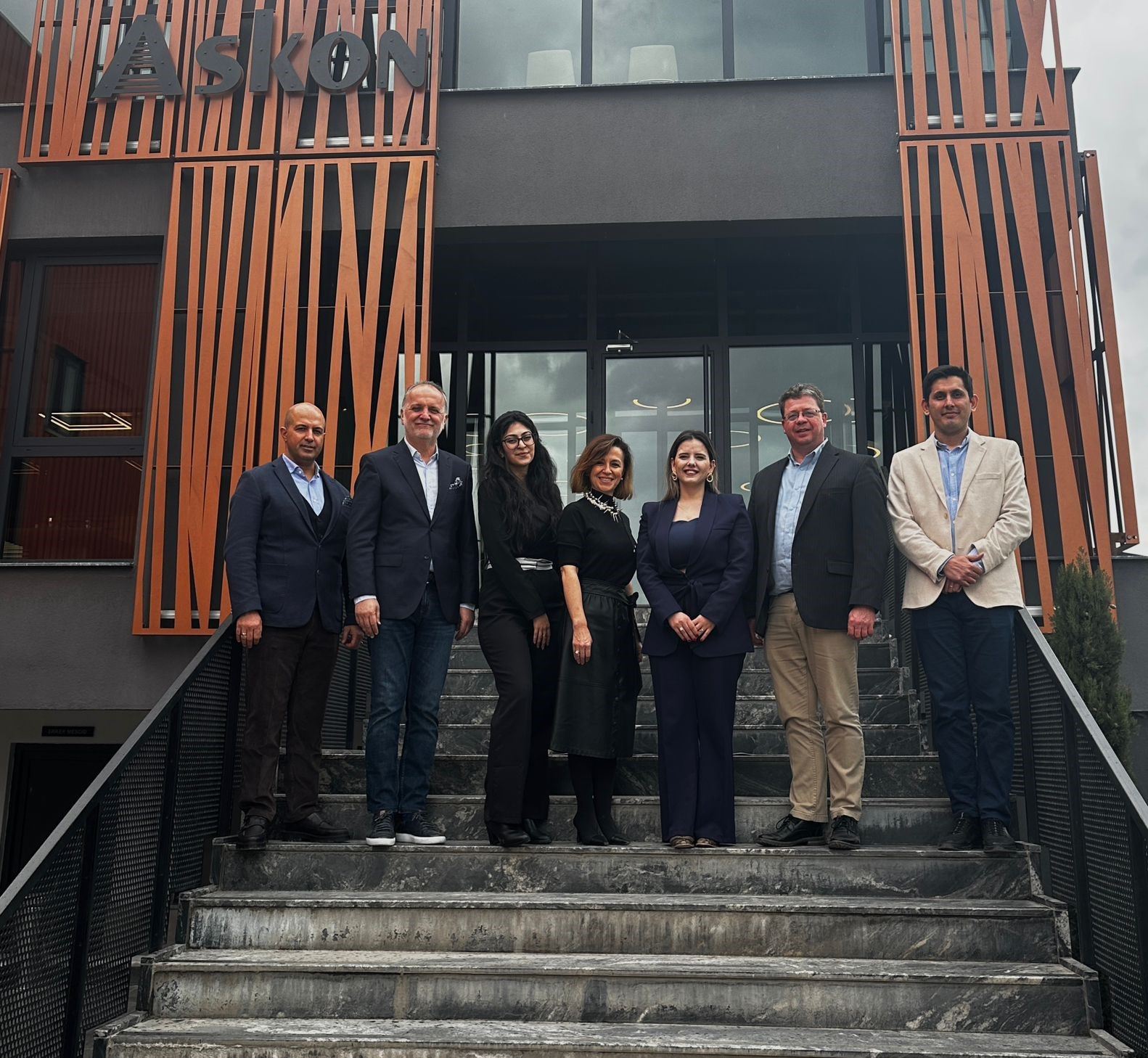
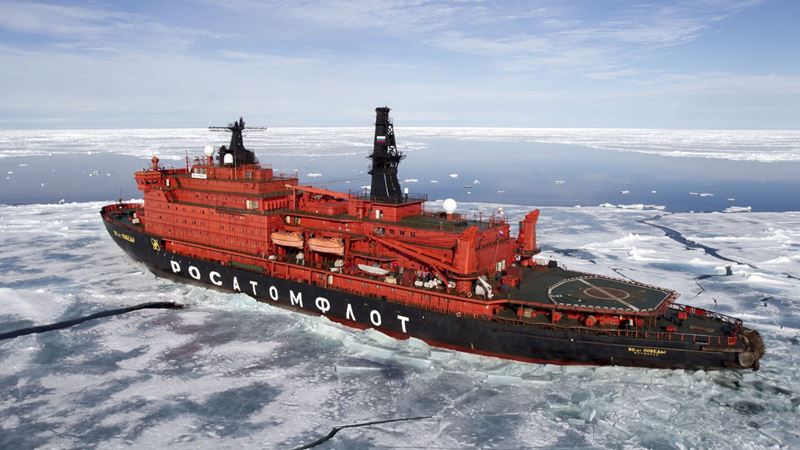
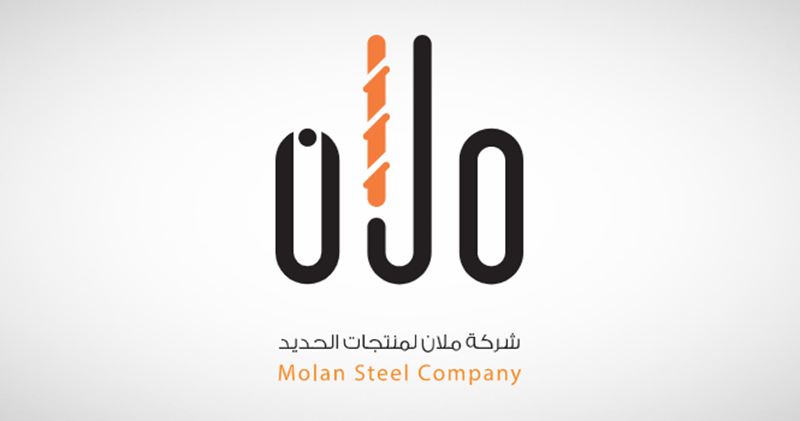
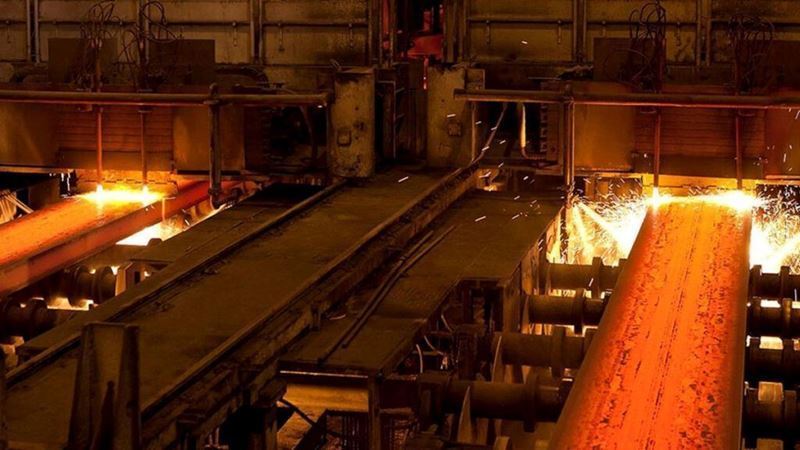
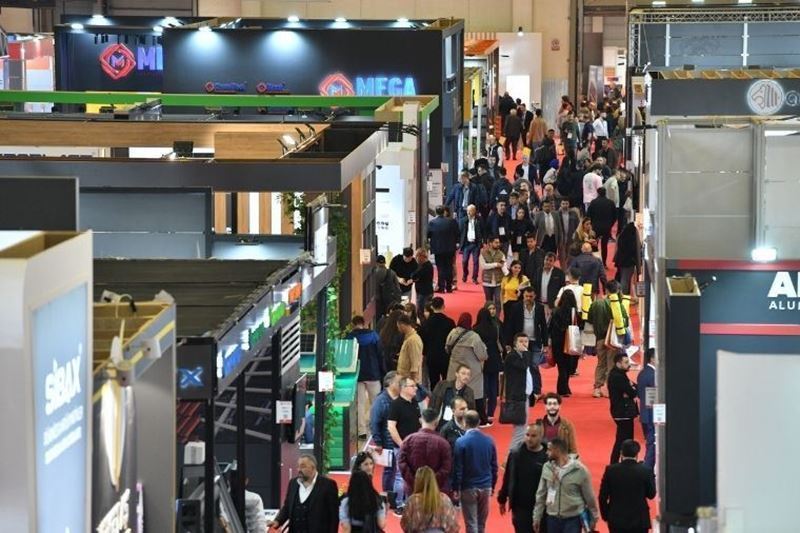
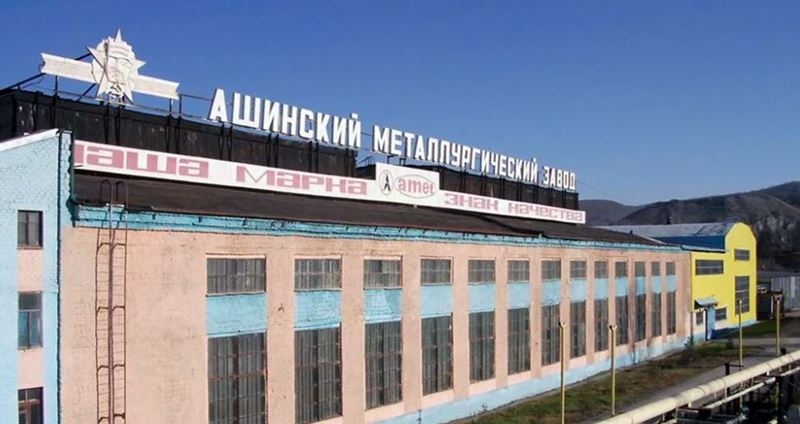

Comments
No comment yet.